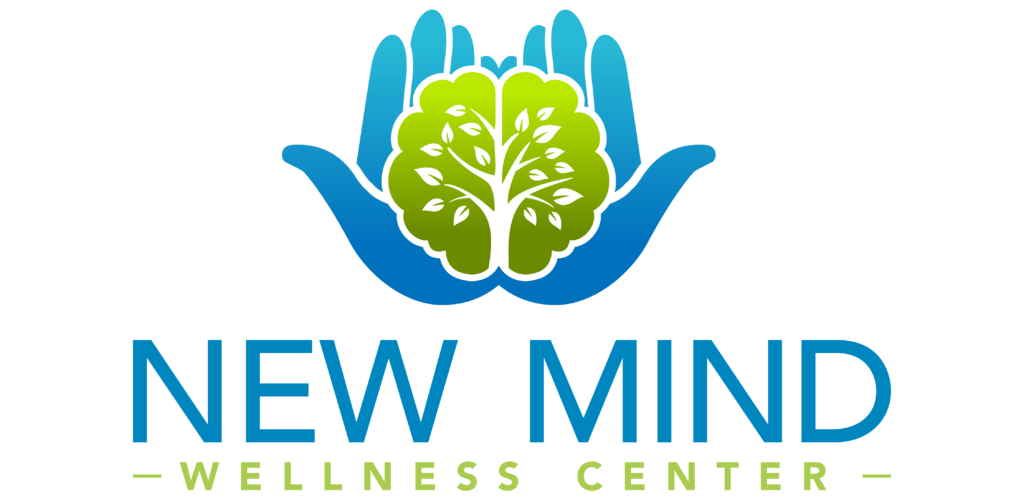Home » OCD Treatment
OCD Treatment in Philadelphia
Obsessive-compulsive disorder (OCD) can be a debilitating mental health disorder. Our OCD treatment in Philadelphia will help you develop effective coping skills to manage your symptoms.
Call us today or visit our admissions page to get started.

Home » OCD Treatment
OCD Treatment in Philadelphia
Obsessive-compulsive disorder (OCD) can be a debilitating mental health disorder. Our OCD treatment in Philadelphia will help you develop effective coping skills to manage your symptoms.
Call us today or visit our admissions page to get started.


Medically reviewed by Kelsi Lefever, Psychiatric Nurse Practitioner
January 30, 2025
Begin Mental Health Treatment in Philadelphia Today
At New Mind Wellness, we understand the complexities of Obsessive-Compulsive Disorder (OCD) and offer personalized treatment programs, including Partial Hospitalization Programs (PHP), Intensive Outpatient Programs (IOP), and Outpatient Programs (OP), designed to help you regain control of your life.
Contact us today to learn more about mental health treatment in Philadelphia.
What is Obsessive-Compulsive Disorder?
Obsessive-Compulsive Disorder (OCD) is a chronic mental health condition characterized by uncontrollable, recurring thoughts (obsessions) and behaviors (compulsions) that the individual feels the urge to repeat over and over. This disorder can significantly impact all areas of life, including work, relationships, and daily functioning. To better understand the different ways OCD can manifest, including its lesser-known forms, learn more about Pure OCD and how it differs from traditional OCD presentations.
What are Obsessions in OCD?
Obsessions in OCD are persistent and intrusive thoughts, images, or urges that cause significant anxiety or distress. Common obsessions may include fears of contamination, having things in perfect order, aggressive thoughts towards others or oneself, or fears of harm.
What are Compulsions in OCD?
Compulsions are repetitive behaviors or mental acts that a person feels compelled to perform in response to an obsession or according to rigid rules. These behaviors, such as hand washing, checking, counting, or cleaning, are often performed in hopes of preventing obsessive thoughts or making them go away.

How Do I Know I Need OCD Treatment?
Recognizing the need for treatment is a crucial first step. If your obsessions and compulsions consume excessive time, cause great distress, and interfere with your daily activities, school, work, or social interactions, it may be time to seek professional help.
Here is a list of symptoms that indicate OCD treatment may be necessary:
If you find yourself spending an hour or more every day focused on obsessive thoughts or performing compulsive behaviors, it may indicate a need for professional intervention.
When obsessions and compulsions cause severe anxiety or distress that feels overwhelming and unmanageable.
If your OCD symptoms interfere with your ability to perform at work, school, or in social settings, disrupting normal routines and responsibilities.
Avoiding people, places, or activities due to fear of triggering obsessions or compulsions, which can shrink your world and limit your experiences.
Feeling unable to function or experiencing intense anxiety without performing specific rituals or compulsions.
Experiencing physical symptoms due to compulsions (e.g., raw hands from excessive washing, or health issues from restrictive rituals).
When your obsessions or compulsions cause conflicts with family members, friends, or coworkers, or lead to isolation.
Awareness that your obsessions and compulsions are irrational, yet feeling powerless to stop them.
When the quality of your life declines significantly because of the effects of OCD, including a loss of interest in previously enjoyed activities.
Recommended: Is OCD A Disability?
Begin OCD Treatment Today
New Mind Wellness is a leader in the provision of mental health treatment in Pennsylvania. If you or a loved one are struggling with mental illness, reach out to us today or verify your insurance now.
How Does OCD Treatment Work?
OCD treatment at New Mind Wellness is tailored to meet the needs of each individual through a multi-tiered approach, encompassing PHP, IOP, and OP. Each level of care is designed to provide different degrees of support, accommodating the varying needs of our clients.
Partial Hospitalization Programs (PHP)
Our PHP is designed for individuals who require substantial support and a structured environment but do not need 24-hour care. This program typically involves several hours of treatment per day, five to seven days a week, providing comprehensive therapy while allowing clients to spend evenings at home. The PHP focuses on intensive therapy, including individual and group sessions, to address the root causes of OCD and teach coping strategies.
Intensive Outpatient Programs (IOP)
The IOP at New Mind Wellness is suitable for individuals who are transitioning from PHP or those whose condition allows them to engage in their regular daily activities but still requires consistent therapeutic support. IOP clients typically attend therapy for a few hours per day, three to four days a week. This program maintains a high level of care and continues the work started in PHP, but with more flexibility to reintegrate into everyday life.
Outpatient Programs (OP)
Our OP provides ongoing support with less frequency than PHP or IOP, typically involving weekly sessions. This level of care is ideal for clients who have made significant progress in managing their OCD symptoms and are ready to return to a more regular schedule, yet still benefit from regular therapeutic engagement and support.
How is OCD Treated?
OCD is treated through a combination of cognitive-behavioral therapy (CBT), specifically Exposure and Response Prevention (ERP), and other therapeutic techniques. These methods are aimed at reducing compulsive behaviors and addressing the underlying anxieties and obsessions.
Medications Utilized for OCD
Medication can be an effective part of treatment for OCD. Common medications include selective serotonin reuptake inhibitors (SSRIs) and tricyclic antidepressants (TCAs), which help to manage symptoms by affecting neurotransmitters related to mood and behavior.

